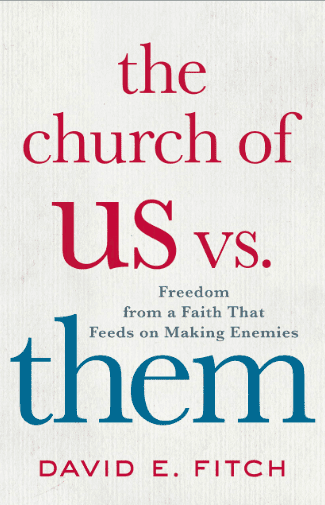I had hoped to get a post up about evangelicalism today, a third in our series, but I’m still sorting an idea or two out so I’m delaying that post. But …
With one of our routine commenters and sometimes blogger, David Opderbeck, we routinely encounter that rare combination of an evangelical thinker who embraces the powerhouse theologians in the mainlines. He’s as likely to quote Brueggemann or Barth as Stott or CT.
Many evangelicals run around with stereotypes of mainliners, and I suspect mainliners do the same.
What stereotype did you grow up with about either Mainliners or Evangelicals that you found simply to be untrue? Or simpler: what were those stereotypes?
What can we do to bring these groups together? Is their enough common ground to work together? And I don’t mean we can all go to Haiti together and build a school. Can we work together in a local community outside of social justice projects? What are the challenges? What are the opportunities?
From a blog post I read recently, hosted by Jeff Lehn, I saw this paragraph and thought — here’s the beginning of a good conversation:
I have observed and participated in caricature on both sides. When I was a student at Trinity Evangelical Divinity School, I heard students and professors vilify “liberal seminaries” for obscuring the gospel and harming the church. What they (and I) did not realize is that there were many godly and generous “liberal Christians” who simply held different convictions than we did. We would have done well to hear their reasons. Then, a few years later, when I was a student at the University of Chicago Divinity School, I heard students and professors pan “conservative seminaries” as hopelessly fundamentalist and unfaithful to the gospel. What they (and I) did not realize is that there were many godly and generous “conservative Christians” who simply held different convictions than we did. Again, we would have done well to hear their reasons.










